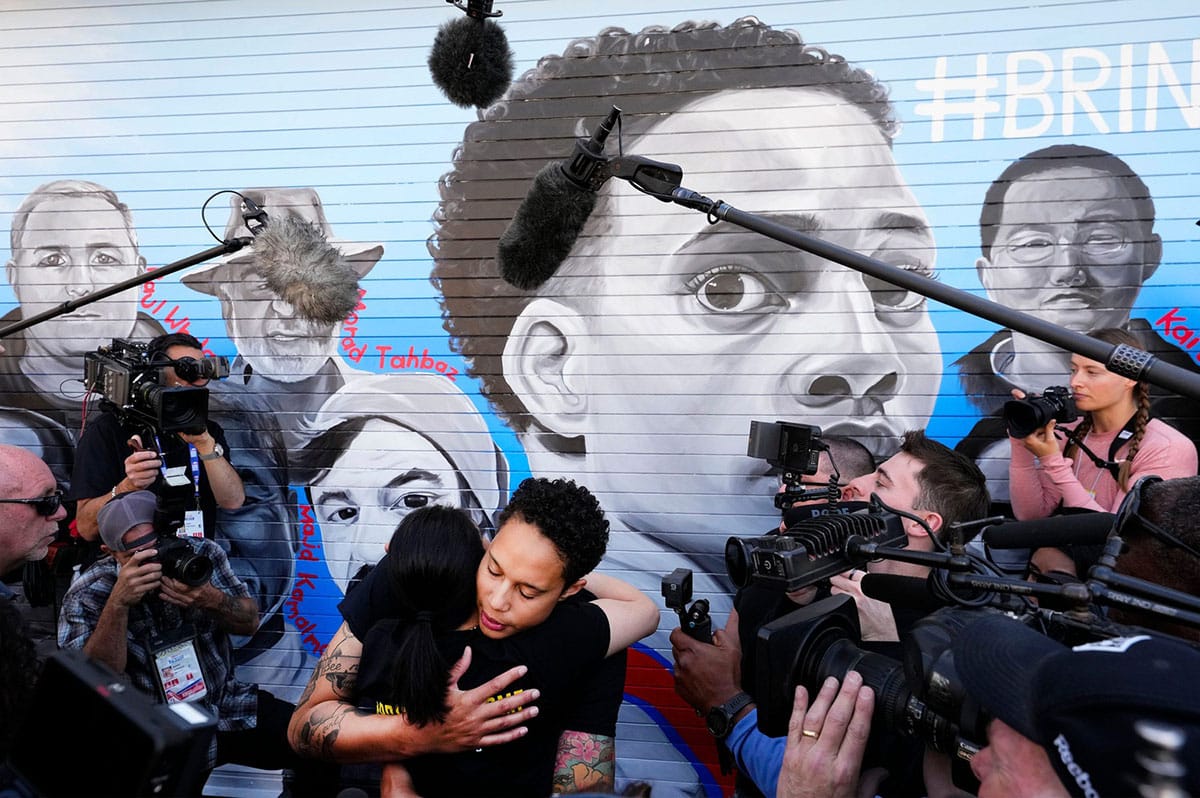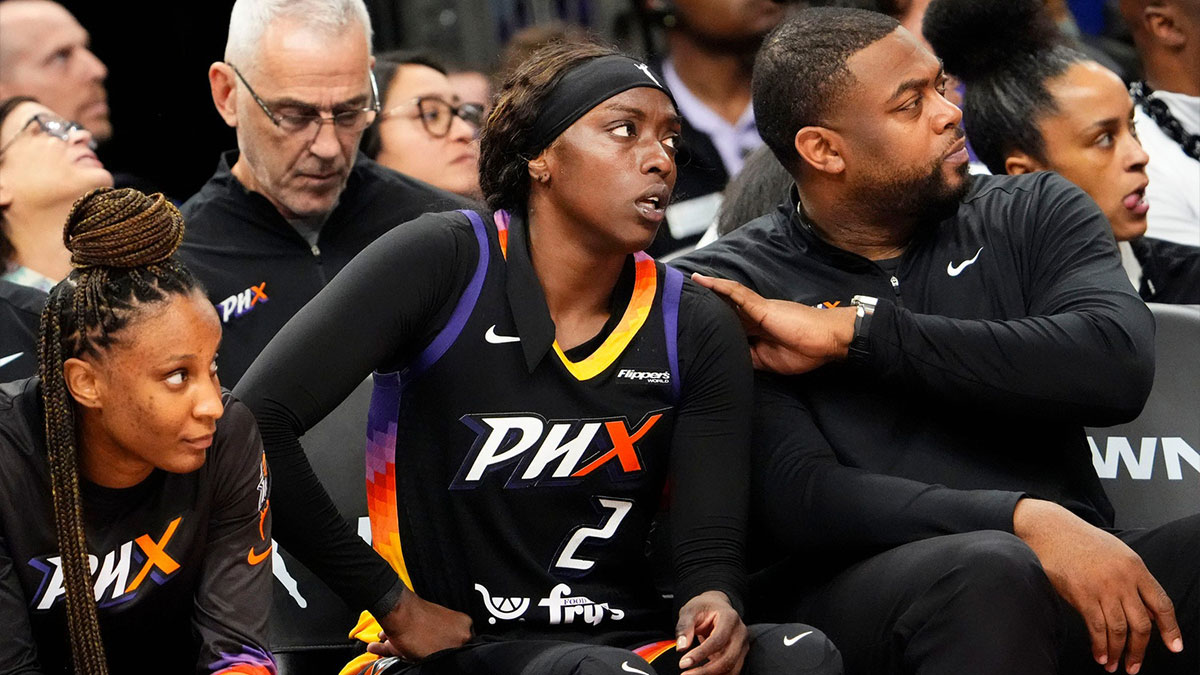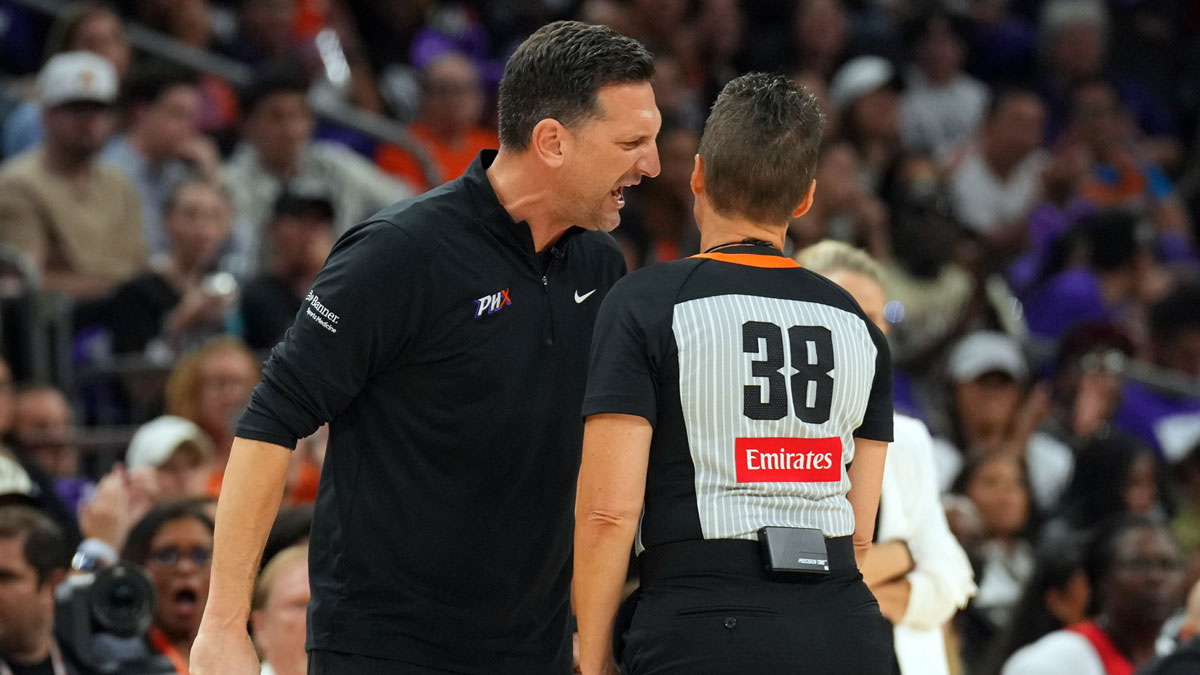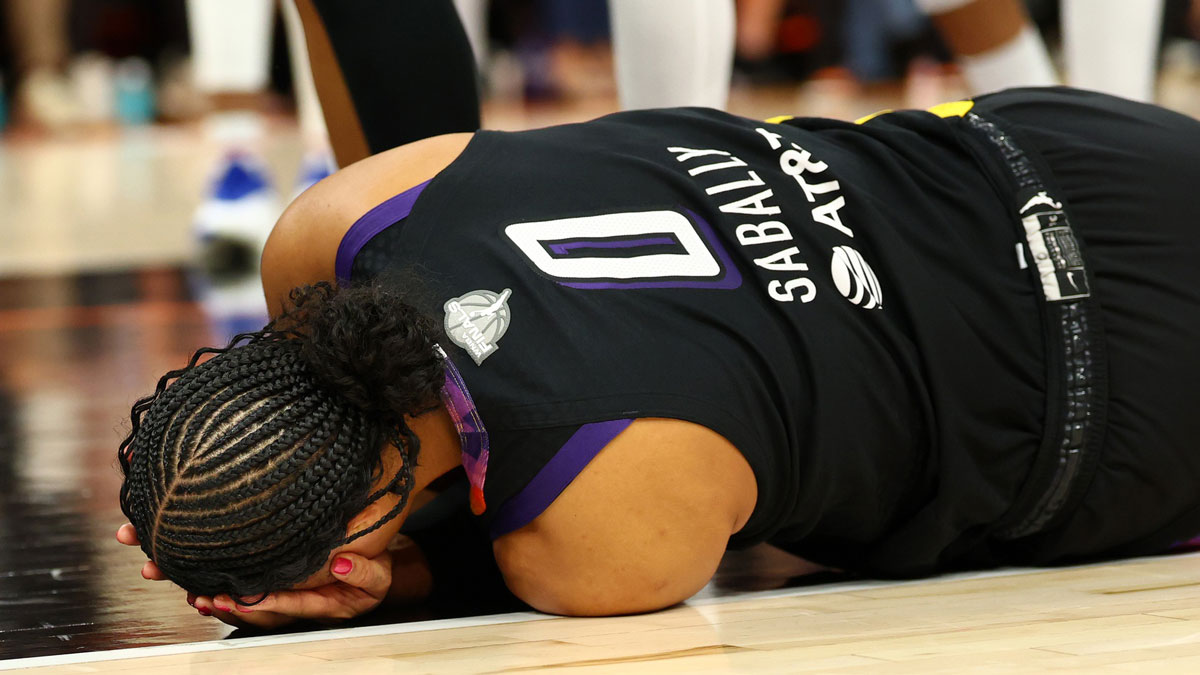WNBA star and Phoenix Mercury center Brittney Griner recounted her harrowing experience in a Russian jail, revealing she had considered suicide during the early weeks of her detainment. The revelation came during an ABC's “20/20” interview with Robin Roberts on Thursday where Griner discussed the mental and physical challenges she faced while incarcerated.
Arrested in February 2022 at a Moscow airport after a search of her luggage unveiled vape cartridges containing cannabis oil, Griner's subsequent months-long ordeal highlighted not only personal anguish but also the tense political climate between Russia and the U.S. She was later sentenced to nine years in prison on drug-related charges, a punishment that drew international attention and called for her immediate release.
“I wanted to take my life more than once in the first weeks,” Griner told ABC's Robin Roberts, via the Associated Press. “I felt like leaving here so badly.”
The fear that Russian authorities would refuse to release her body to her family stopped her from doing so.
The ordeal overlapped with Russia's invasion of Ukraine, intensifying the diplomatic strain and placing Griner's detention in the global spotlight. After months of negotiations, her release was secured in December 2022 through a high-profile prisoner swap for Russian arms dealer Viktor Bout.
Brittney Griner’s prison conditions were harsh

Griner's conditions during her detainment were dire. She described the first prison, known as IK-1, as particularly harsh for someone of her height at 6-foot-9.
“The mattress had a huge blood stain on it. They give you these thin two sheets, so you’re basically laying on bars,” she said, per Betsey Reed of The Guradian. “The middle of my shin to my feet stuck through the bars, which – in prison, you don’t really want to stick your leg and arms through bars, because someone go up and grab it, twist it, break it and that’s what was going through my mind.”
Her transfer to a second facility, IK-2, didn't offer much reprieve, characterized by severe conditions that forced her to cut her hair due to the cold, damp environments. Despite the adversities, Griner found some solace through a fellow prisoner named Alana, who helped her navigate the daily challenges of prison life. Other inmates referred to her as “The American” and “The Basketball Player.”
Griner's return to the U.S. was bittersweet, marred by the disappointment of leaving behind fellow American detainee Paul Whelan.
“I walked on and didn't see him, maybe he's next. Maybe they will bring him next,” she said. “They closed the door, and I was like, are you serious? You're not going to let this man come home now.”
Looking forward, Griner is focusing on healing and advocacy for detained individuals, sharing her story in the upcoming memoir “Coming Home,” set to be released May 7. Her first game with the Mercury of the 2024 WNBA is May 14.




















